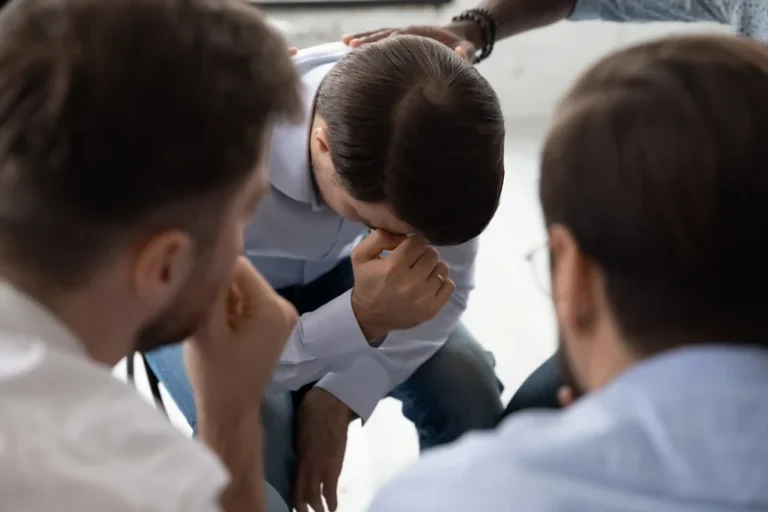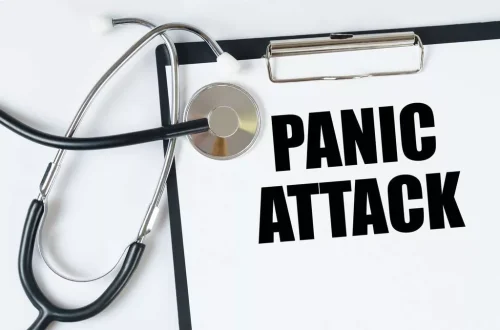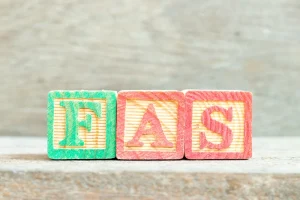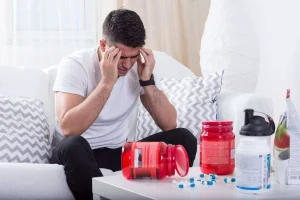How to Handle Peer Pressure Fairfax County Public Schools

Peer pressure can come from friendship groups, classmates, teammates or even older siblings. For example, ask yourself – do certain friends bring out my best self? In-depth counselling can enhance poor self-image, communication skills, assertiveness training or early-stage addiction – all frequent factors in difficulty resisting peer pressure. However, if you catch yourself pressuring your child, there are ways to pivot to healthy encouragement.
Can Homeschooled Students Play School Sports?
Creating a safe and supportive environment where children feel comfortable talking about their experiences and feelings can help parents stay informed about any potential issues with peer pressure. Encouraging children to be honest and open can also help them build trust and develop strong relationships with their parents. Peers are people who are part of the same social group, so the term “peer pressure” refers to the influence that peers can have on each other. Usually, the term peer pressure is used when people are talking about behaviors that are not considered socially acceptable or desirable, such as experimentation with alcohol or drugs.

In Sexual Situations
As parents, we must be mindful of the impact of peer pressure on ourselves as our children will be observing and take notice. You can also positively peer pressure others by the way you respond to situations. For instance, if your friend is body-shaming another person, you can say, “Actually, it can be really harmful to criticize people’s bodies like that.”
- One 2017 study suggests working your way up to offering four times more praise than criticism.
- This is also a stage in life where friend groups are of utmost importance and the need to fit in is a major factor in decision making.
- There can be a fear of rejection, not fitting in, or being left out.
- Most importantly, true friendships arising from mutual care make you feel free as compared to those conditioned on some rules at the time of how to tackle peer pressure.
- Positive peer pressure manifests through peers motivating each other towards helpful, healthy choices.
- These types of behaviors are strongly tied the development of eating disorders in young adults.
What is Esports and Why Should My Child Participate?
For example, having friends who value academic achievement can inspire a student to study harder and perform better in school. Similarly, peers who engage in community service or promote healthy lifestyles can encourage positive behaviors that contribute to overall well-being. One common social media misrepresentation is when people post the “best” of their lives, creating a false sense of reality. This can lead teens to compare the true reality of their lives to the “picture-perfect” portrayal of others’ lives and feel pressure to keep up.

Positive peer pressure is when peers encourage positive activities or push others to grow in a beneficial way. Peer pressure can range from subtle to overt, which means that some forms of peer pressure can be easier to spot than others. Identifying signs that your child is dealing with peer pressure may help you start a supportive conversation.
How To Tackle Peer Pressure: Types, Strategies, Examples
Research has found that children with low self-concept are more susceptible to peer influence and a desire to conform. Share how you handled it, what you did well, https://ecosoberhouse.com/ plus any mistakes you made and what you learnt from it. Growing up means being exposed to pressures from friends and people inside and outside the family.
- Parents can seek help from a school counselor, therapist, or other professional who can provide guidance and resources for navigating these challenges.
- That even-handedness will encourage them towards making positive choices if faced with a similar peer situation in the future.
- There are moments when you might wonder which direction to take or how to handle the situation.
- Remind your teens that they are their own people making their own choices.
- These feelings and dynamics are also present in substance abuse and other mental illnesses, but can also be present with many children even if the issues have not reached the clinical level.
Start asking yourself reflective questions without judgment to understand what happened. Track your feelings over days and weeks to witness personal growth unfolding through difficult lessons learned about human psychology. Refer to the below questions, which you can ask yourself while dealing with peer pressure and witness your well-being getting restored.

Teach Teens Coping Strategies

Their influence begins at an early age and increases through the teenage years. Skills that are needed to work effectively with people, have meaningful friendships, which of the following is a type of indirect peer pressure? and healthy romantic and family relationships in the future. While peers become increasingly important during adolescence, parents continue to play a vital role.

